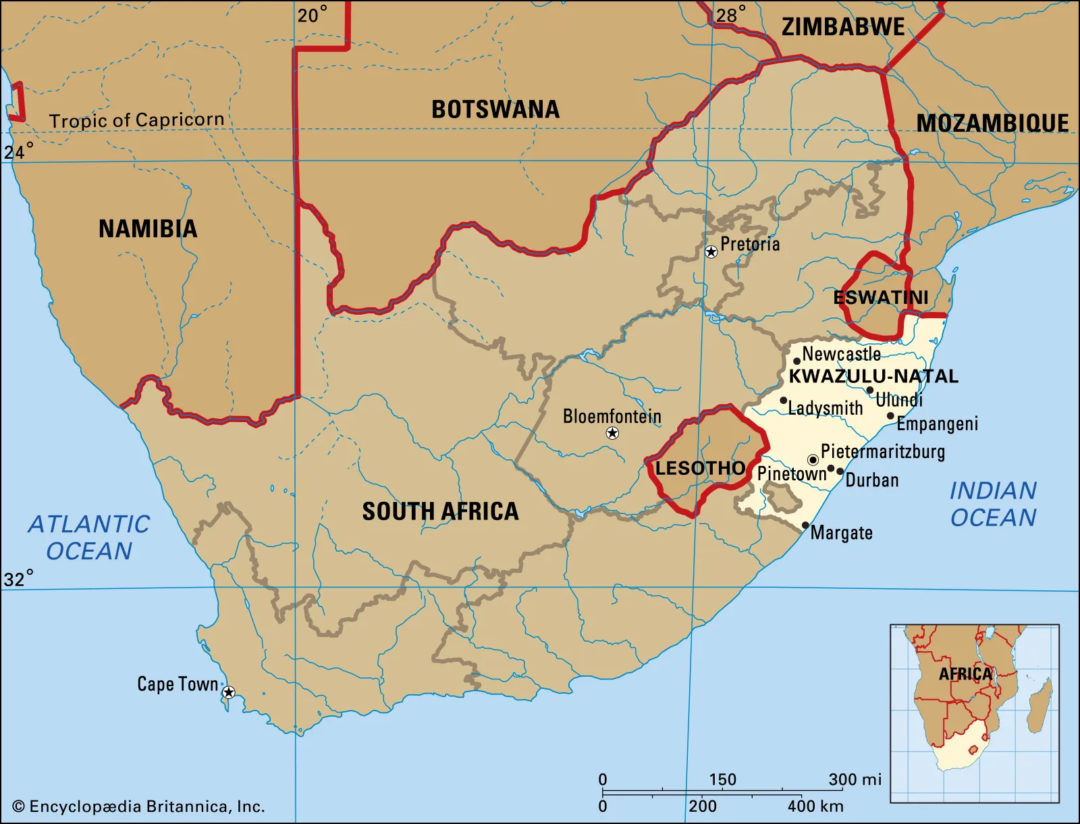South African no-tiller Egon Zunckel is always grappling with erratic weather patterns on his farm in Bergville, KwaZulu-Natal.
“Howling, hot berg winds to icy, rainy conditions within hours,” he explains.
Talk about a challenging day at the office.
On average, Zunckel gets roughly 36 inches of rain per year on his property, but it’s not uncommon to go 4 months without a single drop during the winter. That’s one of several reasons why he went 100% no-till 20 years ago.
“With more extensive tillage I used to deal with runoff, poor aeration, poor infiltration, erosion, low organic carbon, low microbial populations, little earthworm activity, high fuel bills, high maintenance, labor and machinery costs, time restraints, silted dams and dust storms,” he says.
Zunckel hasn’t looked back since switching to no-till. He says the carbon content of his soils doubled and most of the problems listed above disappeared by the 10-year mark of his no-till journey.
“I harvest above average yields on below average soils and can afford to buy decent tractors, planters and sprayers,” Zunckel says.
Zunckel is also planting cover crops, with oats and radishes now part of his permanent rotation. He says covers play a pivotal role in combating nematodes and helping improve overall soil health.
“They are direct-seeded immediately after soybean harvest on one-third of our acres. Beef cattle utilize the vast quantities of cover crop and corn residue,” Zunckel says.
Zunckel’s adoption of no-till/conservation ag (CA) practice is part of a growing trend in his country. According to a recent study by international researchers Amir Kassam, Theodor Friedrich and Rolf Derpsch, no-till/CA acreage grew over 336% in South Africa from 2009-2019, with just under 4 million total acres.
“I’m confident this is the closest method of crop farming to what God intended at the time of the world’s creation,” Zunckel says.
Click here for more No-Till news.
The No-Till Passport series is brought to you by Martin Industries.
Since 1991, Martin Industries has designed, manufactured and sold leading agriculture equipment across the U.S. and Canada. Known for Martin-Till planter attachments, the company has expanded to include a five-step planting system, closing wheel systems, twisted drag chains, fertilizer openers and more in their lineup. Their durable and reliable planter attachments are making it possible for more and more farmers to plant into higher levels of residue.








